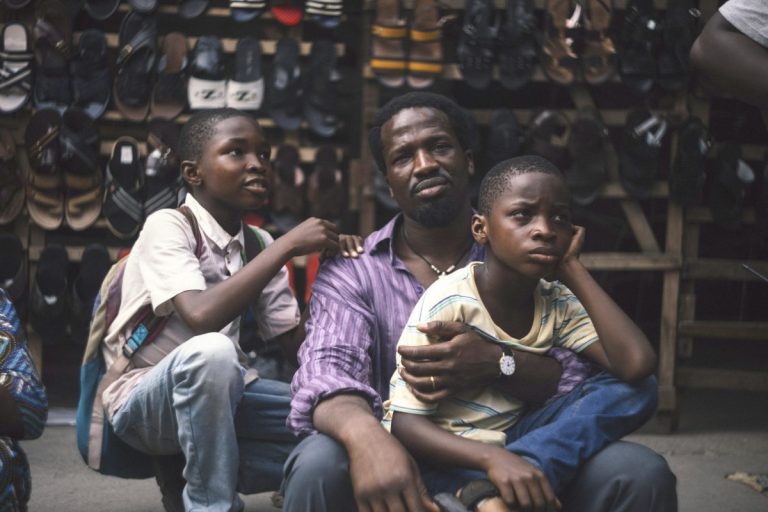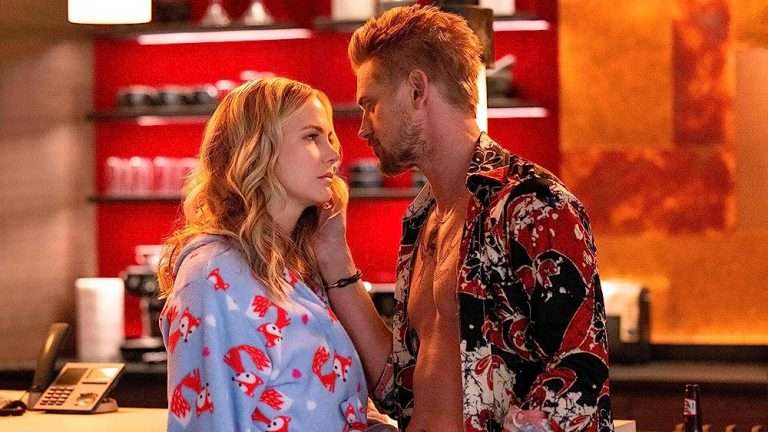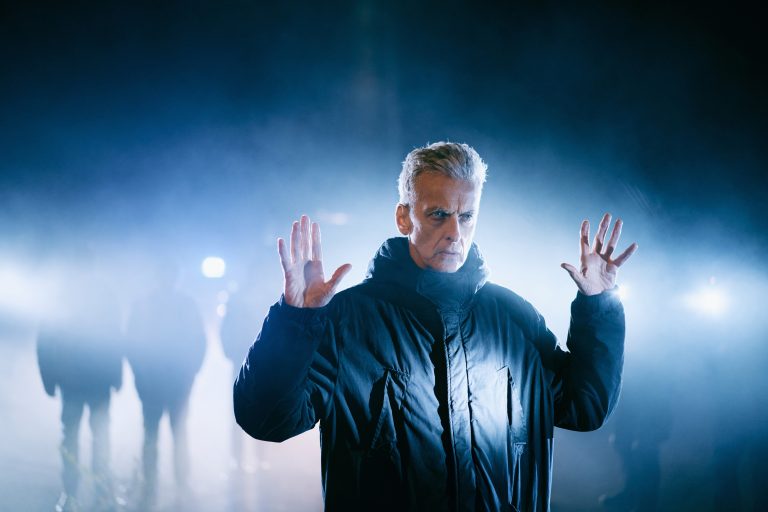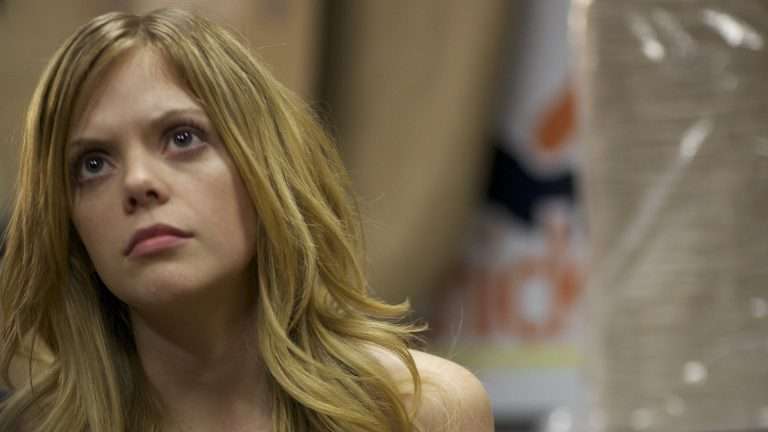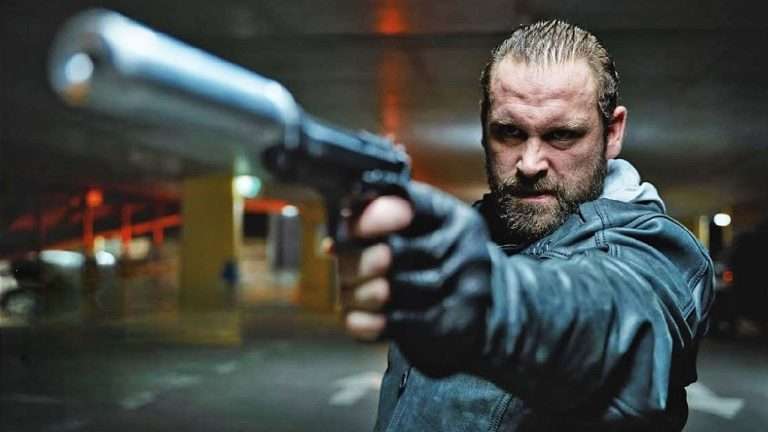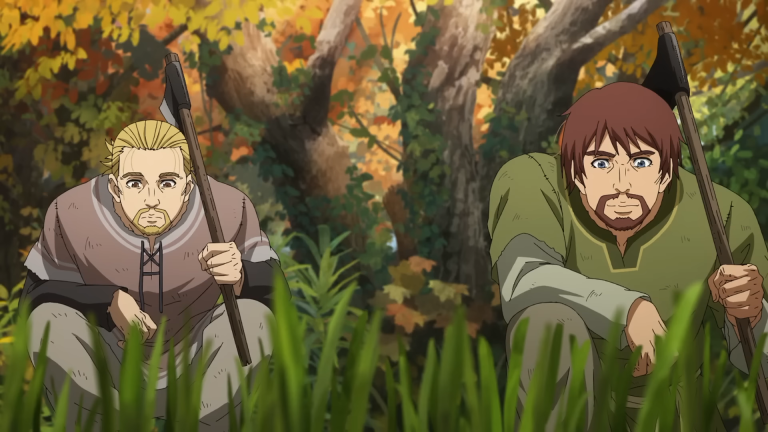“Brats,” which premiered at the Tribeca Film Festival and is now available on Hulu for streaming, is actor-director Andrew McCarthy’s earnestly personal and therapeutic deep-dive into the two words that haunted him and other young Hollywood actors of the 1980s. ‘Brat Pack.’ The documentary focuses on the members/semi-members of the supposed ‘Brat Pack’ of Hollywood, McCarthy himself being one of them. McCarthy helms the director’s role, which is understandable as “Brats” becomes his search for comfort. This personal quest makes “Brats” a raw and heartfelt documentary that acts as a spiritual sequel to “Brat Pack” movies.
In case you are unaware, the 1980s saw a massive shift in mainstream Hollywood movies. A focus was seen, spearheaded by John Hughes, to develop movies that feature young adults, telling stories that the school/college-going young audience will be able to identify with. This saw the rise of young actors who were hailed to be the future of Hollywood. However, one journalist’s article featuring a collective moniker for this group of actors derails the careers of these individuals. That moniker was ‘Brat Pack.’ It was clever but mean-spirited. The connotation that came with the moniker ensured a certain ‘unserious’ image of these young actors. As McCarthy would ruminate in this documentary, that someone like Scorsese was less and less likely to call one of the ‘Brat Pack’ members.
The pack primarily consists of Emilio Estevez, Judd Nelson, Demi Moore, Molly Ringwald, Ally Sheedy, Anthony Michael Hall (who is surprisingly not mentioned in this documentary), Rob Lowe, and McCarthy himself. After the 80s, it is fair to say that most of these actors never went to hit the heights they and the people surrounding them had expected them to do. It is similarly fair to assume that the label of “Brat Pack” played a role in that decline. More than thirty years later, McCarthy tries to track down and speak to his fellow pack members and talk about it.
This is what “Brats” is about. But it goes beyond that. The film is clearly a therapeutic journey for McCarthy. He starts with contempt for the dreaded phrase, and in the end, he makes genuine attempts to take power from it. McCarthy’s earnestness is palpable throughout the process. The same goes for every one of the pack members who appear here. Every single one of them has put their own spin on it, and McCarthy seems to find comfort in each of the members’ recounting.
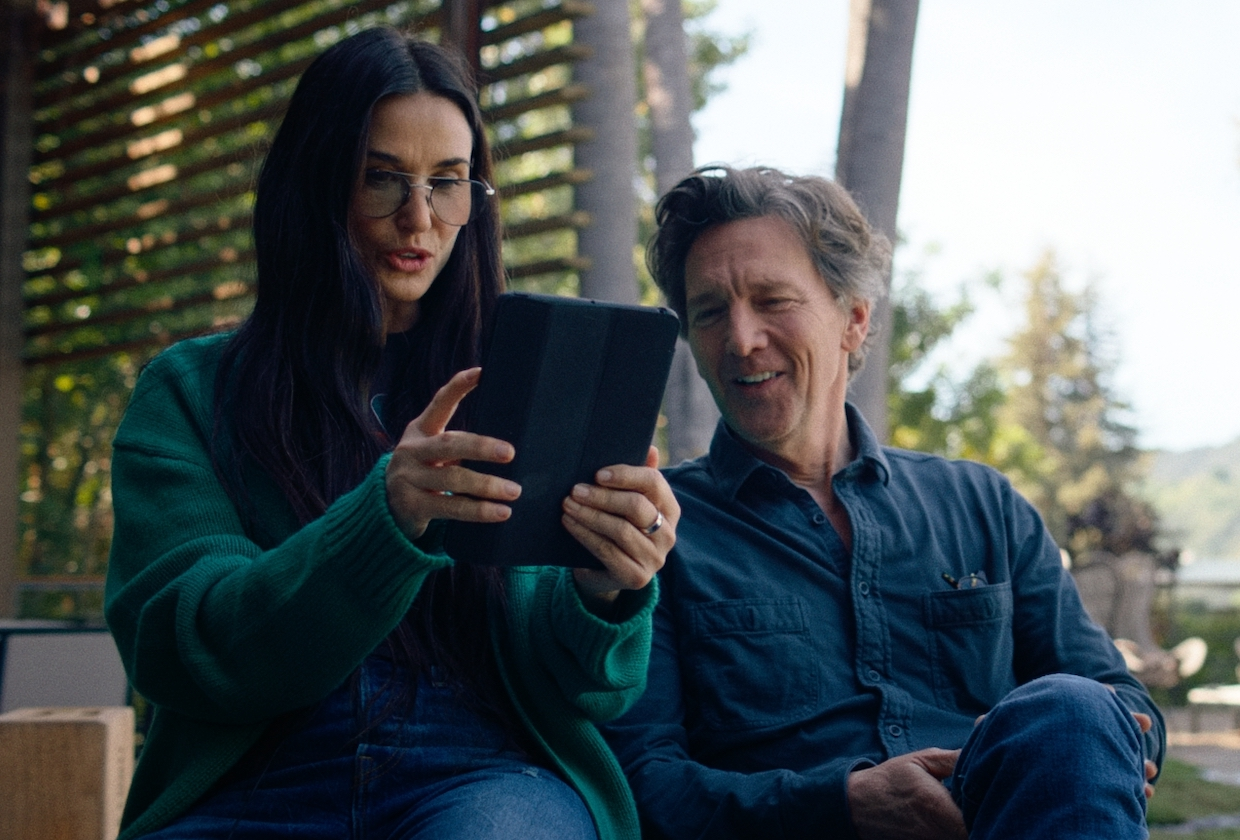
But it is not just the ‘Brat Pack’ members McCarthy tries to find answers from. He even reaches out to people of different professions, like Malcolm Gladwell and Bret Easton Ellis. It allows the film to explore subjects adjacent to ‘Brat Pack’ as well. Easton Ellis’ fond recollection of the movie-going experience of the 80s is a nostalgic addition. Then McCarthy pulls the major surprise of the documentary. He goes to David Blum, the journalist who wrote the article, who coined the name ‘Brat Pack.’
“Brats” is, without doubt, a profound exploration of McCarthy’s own journey. The documentary is buoyed by this deeply personal quest of him. It shows McCarthy constantly looking back at the past while trying to find answers in the present. At this point, I might add that this documentary is not going to feel the same without watching any of the ‘Brat Pack’ movies. By any chance, if you have not seen any of those movies (especially “The Breakfast Club” and “St. Elmo’s Fire”), you should first see them. “Brats,” despite being a documentary, carries the energy of being a spiritual sequel to those films. Unless you have seen John Bender, played by Judd Nelson, punch the air on a football field, you are not likely to get the essence of what ‘Brats’ is all about.
It is clear as daylight from my gushing that I thoroughly loved this documentary. ‘Brat Pack’ movies transcended geography and time. It still holds for teens and twenty-somethings who have dreams in their eyes. Now we are older. We can’t go back to the times when we were unsure of the future, but we did not care. But we can go back to the detention room of “The Breakfast Club.” And in the spirit of looking back, the “Brat Pack” should take pride in their contribution towards that everlasting feeling.
Through old interview footage, we saw many of the members, like McCarthy, saying that the moniker grouped them in a box, robbing their individuality. It is true that David Blum’s article started that phenomenon that even today, these actors carry the shadow of the ‘Brat Pack.’ “Brats” is an attempt to shed light, a different light from that of the limelight, on these individuals. However, there is one thing that the ‘Brat Pack’ grouping also did, which could be for the good. It bestowed shared glory on the members. Otherwise, Mr. McCarthy ending the documentary with a clip from “The Breakfast Club” would not have felt this natural, especially when he was not part of that movie.

